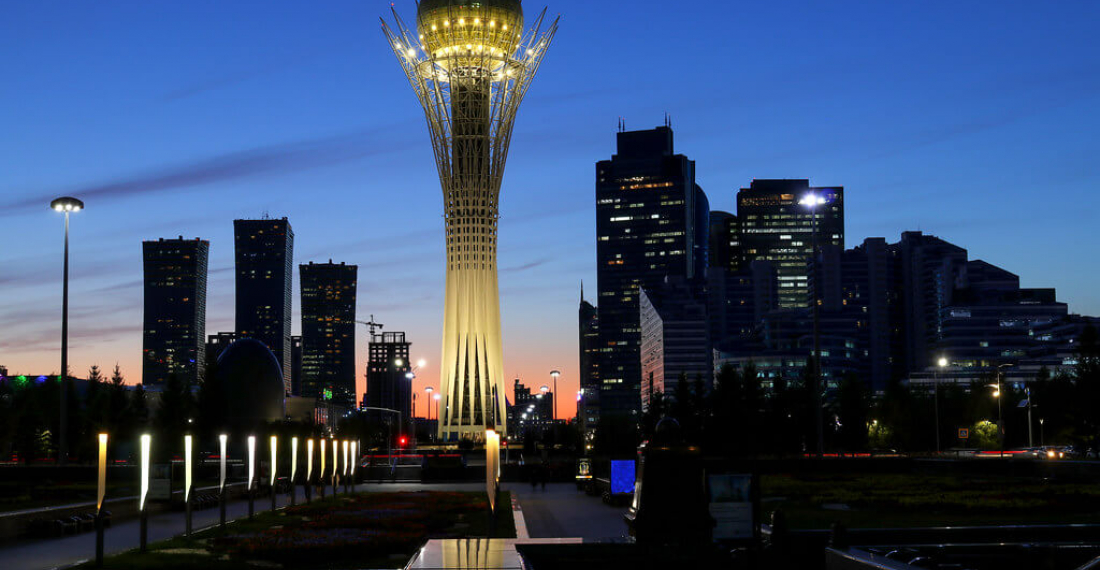The European Union has issued a statement on the current situation in Kazakhstan. The statement issued on Wednesday (5 January) through the spokesperson of the European External Action Service, the EU "calls on all concerned to act with responsibility and restraint and to refrain from actions that could lead to further escalation of violence".
The full statement reads:
"In light of the ongoing protests in Kazakhstan linked primarily to the recent doubling in price of liquefied petroleum gas, the European Union is following closely developments.
EU issues message on developments in Kazakhstan. While recognising the right to peaceful demonstration, the European Union expects that they remain non-violent and avoid any incitement to violence. The European Union also calls upon authorities to respect the fundamental right to peaceful protest and proportionality in the use of force when defending its legitimate security interests, and to uphold its international commitments.
Kazakhstan is an important partner for the European Union. In the framework of the European Union-Kazakhstan Enhanced Partnership and Cooperation Agreement, we count on Kazakhstan to uphold its commitments, including freedom of the press and access to information online and offline.
The European Union encourages a peaceful resolution of the situation through inclusive dialogue with all stakeholders and respect for the fundamental rights of citizens."







